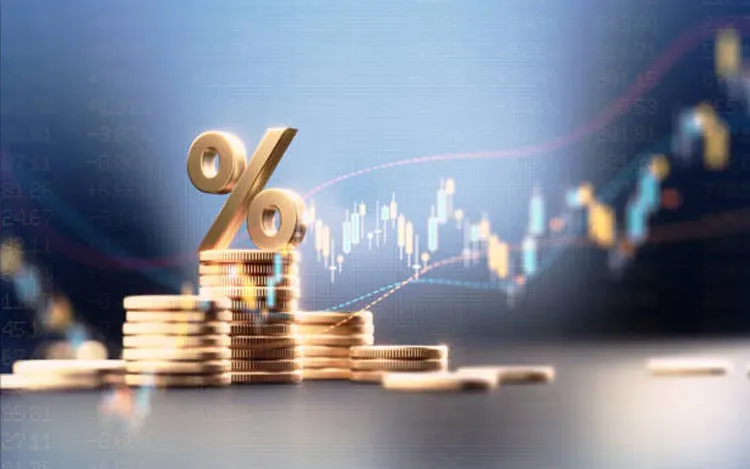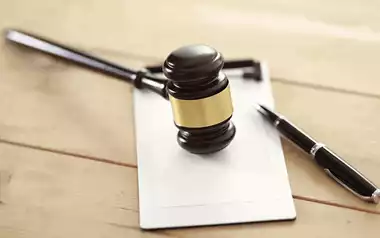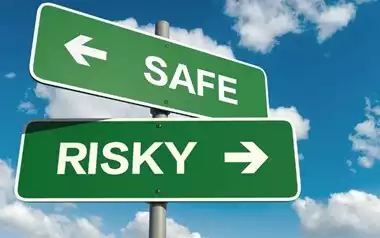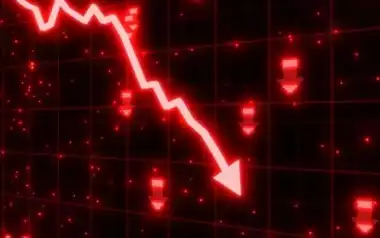Fair Share
The Chancellor, Rachel Reeves, has indicated that gambling operators may face higher taxes in the upcoming Autumn Budget. She stressed the need for gambling firms to pay their “fair share” as she faces increasing economic pressure.
Speaking to ITV News following her address at the Labour Party Annual Conference, Reeves said that while she has never personally gambled, she believes the sector should contribute appropriately to government revenues.
The UK Chancellor told ITV that she thinks there is a case for gambling operators paying more. She said: “On a personal level, I’ve never bet in my life.” She acknowledged that betting companies make an important contribution to the economy but also said that she would make sure they pay their fair share.
Reeves made the comments in the wake of her Labour conference speech, where she highlighted broader economic challenges, including rising prices, government debt, and slow productivity growth. Analysts have warned that these economic pressures may necessitate tax increases reaching approximately £30 billion.
Ongoing Discussions
The chancellor’s remarks come amid an ongoing debate over the structure of gambling taxes in the UK. In April 2025, the government proposed a single rate for all remote gambling, replacing the current three-tier system. However, the plan has faced criticism from industry groups and other Labour MPs. Opponents argue that a uniform tax could negatively affect public health initiatives and the horse racing sector.
A group of more than 100 Labour MPs has called for a more targeted levy on online operators rather than a blanket rate across the industry. In a letter to Reeves, the MPs warned that a single undifferentiated rate could remove fiscal incentives that encourage safer gambling. This in turn would undermine public health goals.
Industry Response
Industry bodies have also expressed a strong opinion on the matter. The Betting and Gaming Council described the potential tax increases as “short-sighted”. They caution that heavier taxation could encourage customers to turn to black-market operators. CEO Grainne Hurst emphasised that further tax hikes could reduce the quality of regulated gambling offerings.
Currently, operators pay varying tax rates depending on the type of gambling and whether it occurred online or in-person. The new statutory levy, effective from April 6 2025, ranges from 0.1% primarily for land-based operators to 1.1% for online casino operators. The UK Gambling Commission has warned that non-compliance could result in licence revocation.
The Social Market Foundation has proposed raising Remote Gaming Duty from 21% to 50%. They argue that this would align the UK with other jurisdictions in Europe and the United States. The Institute for Public Policy Research estimates that increasing Remote Gambling Duty, Machine Games Duty, and General Betting Duty could generate around £3 billion in additional funds for the government.
Economic growth in the UK has remained below expectations since Reeves stepped into the position. The Office for Budget Responsibility is expected to issue forecasts that suggest a growing shortfall in government finances. In the face of rising borrowing costs and limited revenue streams gambling taxes are emerging as an attractive potential source of funds.










